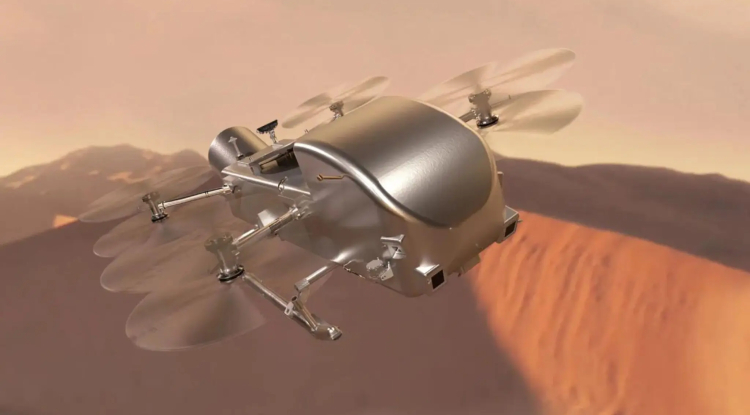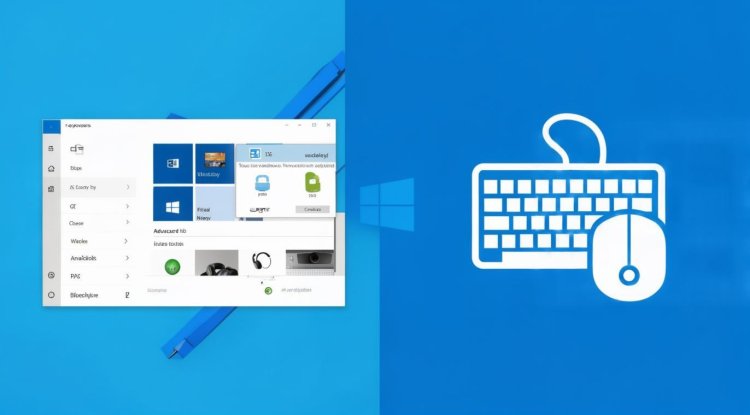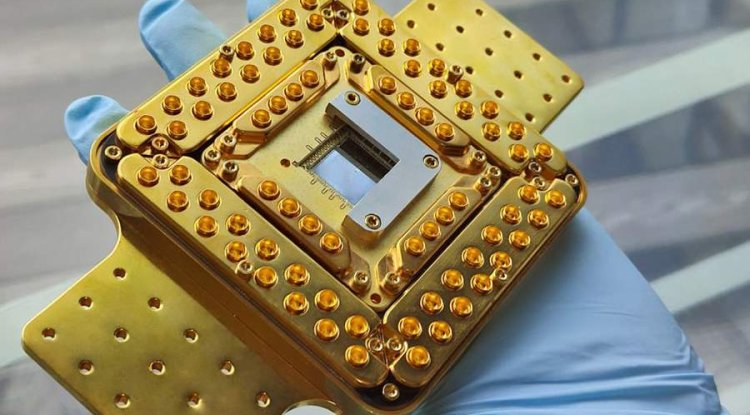Google: Quantum computers can crack RSA encryption sooner than expected
New research from Google has shown that quantum computers could crack standard 2048-bit RSA encryption in just a week – and using far fewer resources than previously thought.
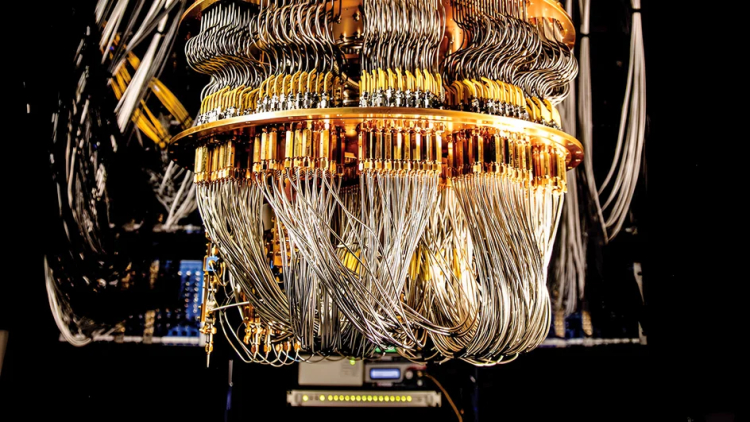
Breaking 2,048-bit RSA encryption, the standard for online security, may require fewer resources than previously thought, according to new research published by Google on the arXiv platform. The work, led by researcher Craig Gadney, shows that a quantum computer with fewer than a million noisy qubits could accomplish the break-in in a week. That’s a significant change from previous estimates that the same task would require around 20 million qubits.
While creating a quantum computer with a million qubits remains a technical challenge, the current pace of development of quantum technologies makes the transition to quantum-resistant cryptographic algorithms more urgent. The study notes that new methods, including optimized algorithms and improved error correction, make it possible to reduce the requirements for hardware resources.
Current quantum processors, such as IBM's Condor (1,121 qubits) and Google's Sycamore (53 qubits), are still significantly less powerful than the system needed to crack RSA, but the study's authors emphasize the importance of preparing for potential threats associated with the development of quantum computing. The US National Institute of Standards and Technology (NIST) recommends moving to post-quantum cryptography by 2030, given that RSA encryption underlies most modern secure communications, from banking to digital signatures.
Share
What's Your Reaction?
 Like
0
Like
0
 Dislike
0
Dislike
0
 Love
0
Love
0
 Funny
0
Funny
0
 Angry
0
Angry
0
 Sad
0
Sad
0
 Wow
0
Wow
0

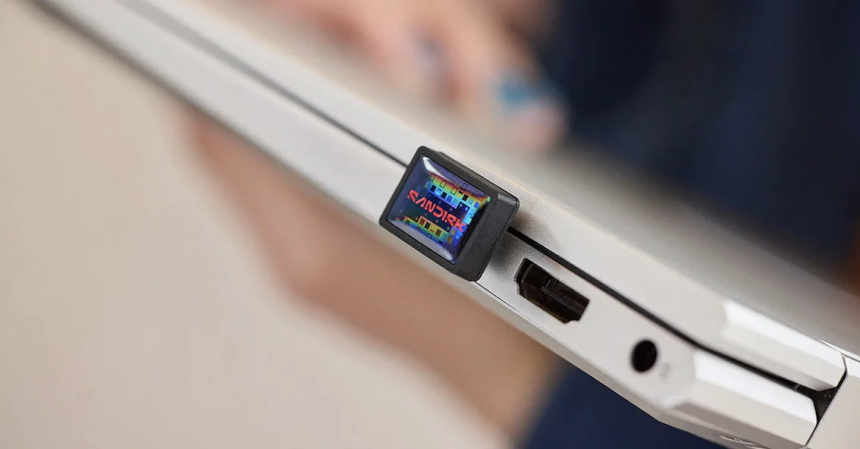



![Transfer/ Postings Senior Superintendent Police Hyderabad [Notifications]](https://pakweb.pro/uploads/images/202402/image_100x75_65d7bb0f85d5f.jpg)
![Amazing Text Animation Effect In CSS - [CODE]](https://pakweb.pro/uploads/images/202402/image_100x75_65d79dabc193a.jpg)


